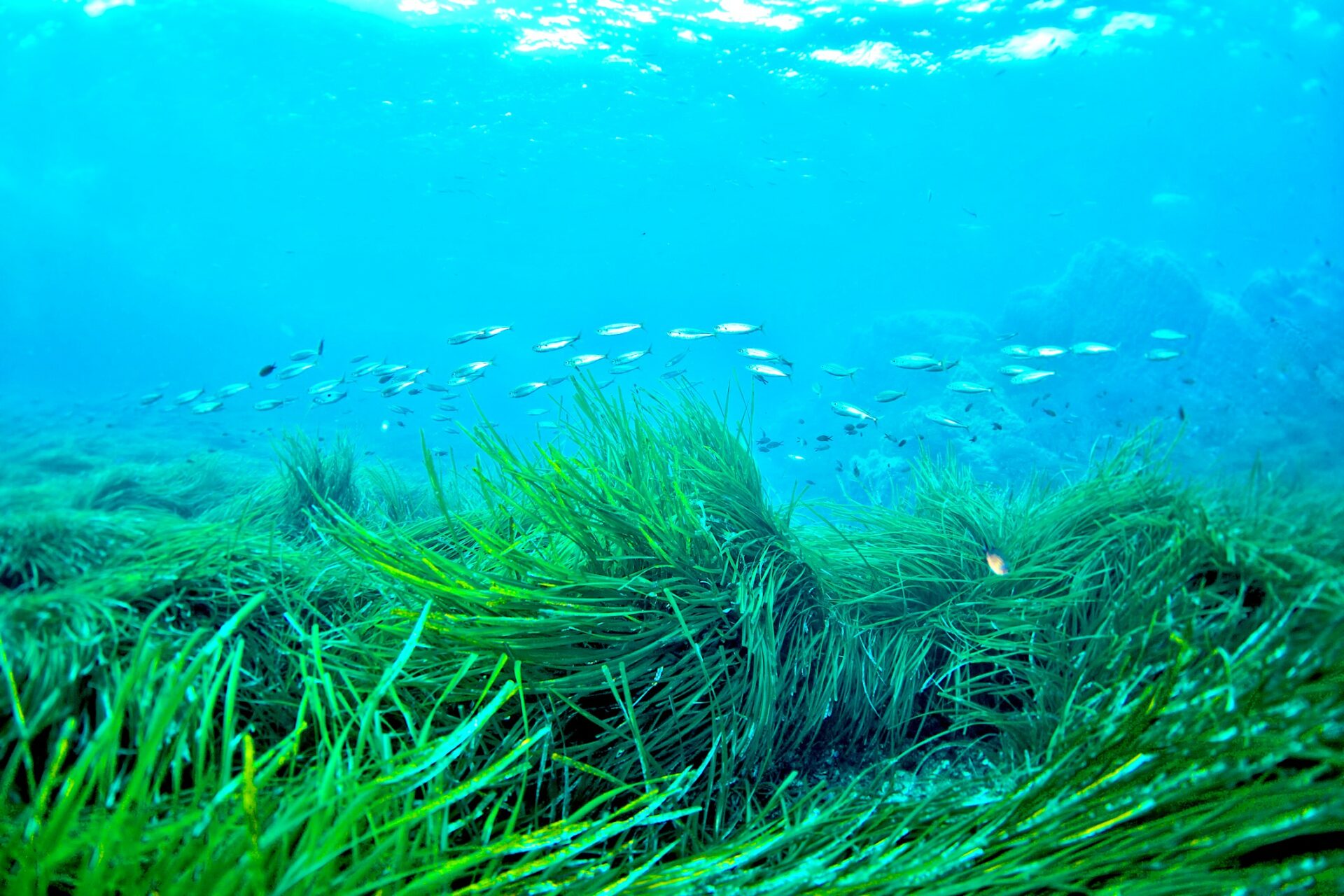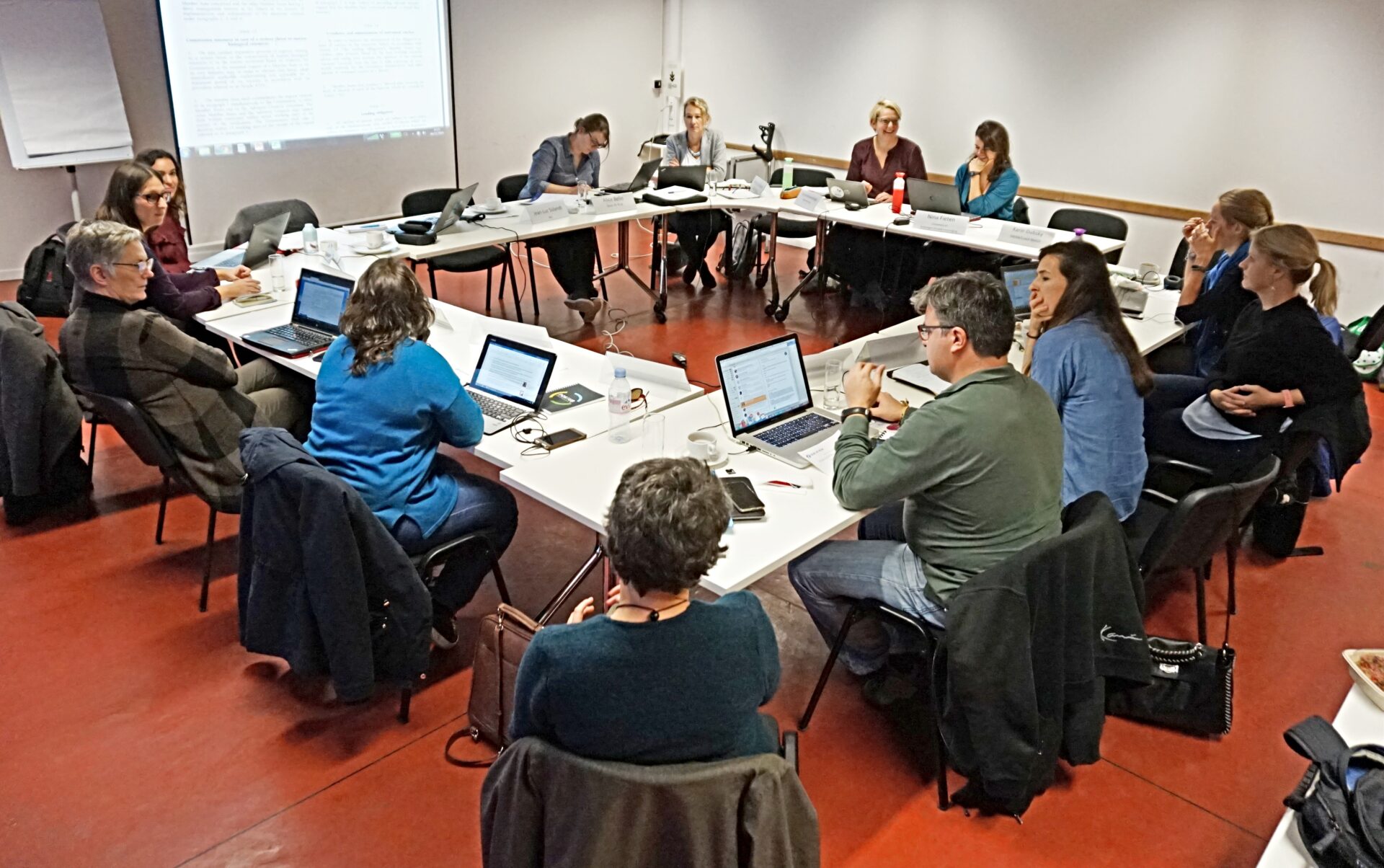On paper, more than 10% of European seas are protected from the impact of human activities. The reality is quite different, however, according to managers of marine protected areas, who speak regularly with Seas At Risk members.
On 7-8 November, Seas At Risk members from Portugal (LPN), Ireland (SWAN/Coastwatch), Belgium (Natuurpunt), the Netherlands (NSF and De Waddenvereniging), Sweden (SSNC), the UK (MCS), Croatia (Sunce) and France (FNE) came together to share their experiences, hopes and challenges in relation to the ongoing development of a network of Marine Protected Areas in European waters. The participants shared several shocking stories: in one marine protected area, no licence is needed to trawl for fish over precious seagrass beds; in another, sand extraction is a regular activity; and, perhaps most alarming of all, it appears that a licence is soon to be granted for deep-sea mining exploration in an area bordering a protected area.

Several issues affect marine protected areas in Seas At Risk members’ countries:
- Lack of political will by Member States to take measures to restrict harmful fishing activities means that deterioration of the sites simply continues as before. Any plan to restore the sites to health will fail unless the main pressure – fishing – is addressed.
- Several other potentially harmful activities are allowed in marine protected areas, despite being directly contrary to the precautionary principle. These include aquaculture, renewable energy production and shipping. There are also examples of damaging practices in areas near marine protected areas, such as oil and gas extraction and deep-sea mining exploration.
- When designing management measures, governments rarely consider the cumulative impact of these activities on the integrity of the area and the vulnerable wildlife it should protect.
There was also some positive news, with NGO participants proving keen to share success stories of effective action in their countries. They talked about the possibility of taking legal action against their governments based on arguments from EU nature legislation. Seas At Risk, together with the Marine Conservation Society and ClientEarth, has already supported several of its members to lodge complaints to the European Commission or to prepare the arguments for such complaints. It will continue to provide this support and ensure that NGOs across Europe share and learn from their respective experiences.
NGOs also exchanged practical insights on their national communication campaigns to raise public awareness of the richness of local marine wildlife and highlight the urgent need to protect that natural heritage from harmful activities. In light of the UN’s recent urgent call to take measures to halt biodiversity loss within two years, it is time to truly protect Europe’s marine protected areas.

Posted on: 14 November 2018



